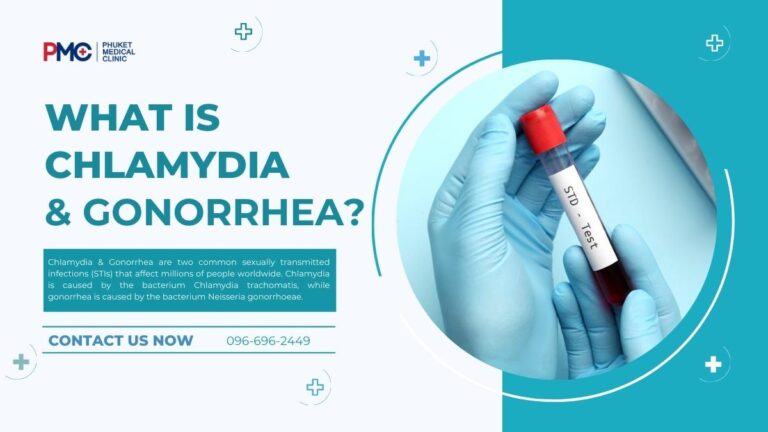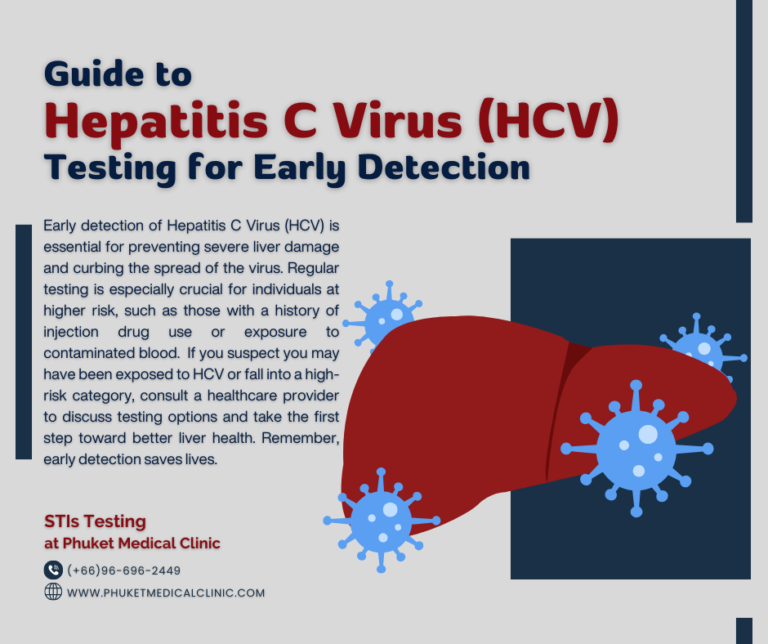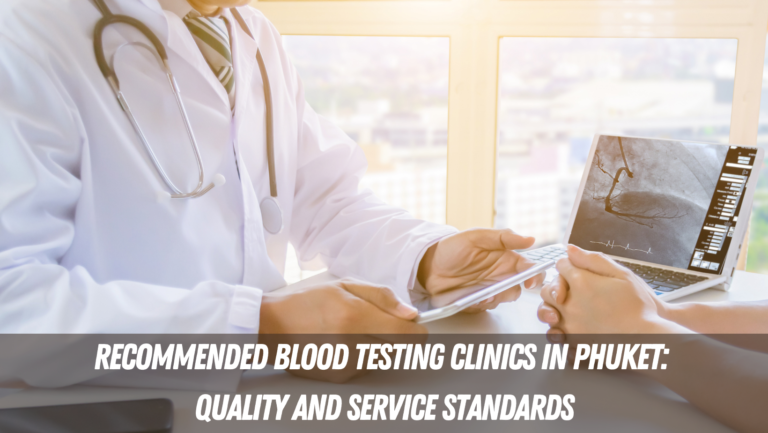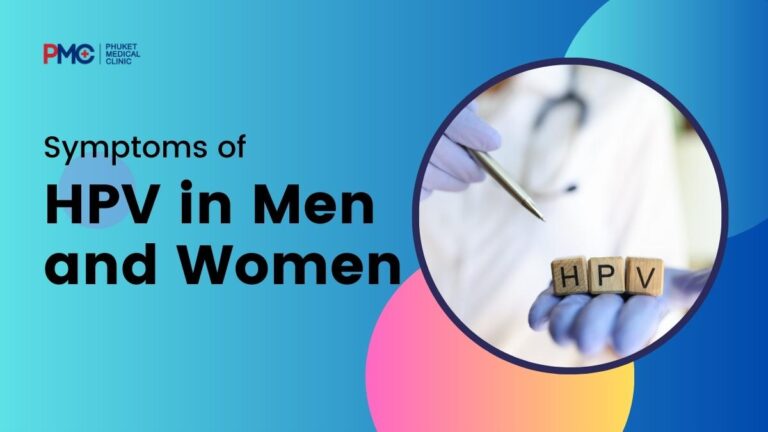Sexual health is a vital component of overall well-being, and it’s crucial for individuals, regardless of sexual orientation, to prioritize and maintain a healthy sexual lifestyle. In this article, we’ll delve into the specific aspects of sexual health that are pertinent to gay and bisexual men, offering valuable insights, tips, and resources to foster a fulfilling and thriving sexual well-being.
Understanding Sexual Health
- Communication and Consent : Open and honest communication with your partner(s) is the foundation of a healthy sexual relationship. Discussing desires, boundaries, and expectations ensures that everyone involved is on the same page. Always prioritize consent, creating an environment where all parties feel comfortable expressing their needs and boundaries.
- Safe Sex Practices : Protecting yourself and your partners from sexually transmitted infections (STIs) is paramount. Regular testing, proper condom use, and considering pre-exposure prophylaxis (PrEP) are key elements in maintaining a healthy sexual lifestyle.
- Embracing Diversity : Celebrate the diversity within the LGBTQ+ community, including different sexual orientations, gender identities, and expressions. Respect for individual choices and understanding the unique needs of each person can contribute to a supportive and inclusive sexual environment.

Physical Health and Well-being
- Regular Health Check-ups : Schedule routine check-ups with healthcare professionals who understand the specific health needs of gay and bisexual men. Regular screenings for STIs, HIV, and other health concerns are essential for early detection and intervention.
- Mental Health Awareness : Recognize the interconnectedness of mental and sexual health. Seek support when needed, and prioritize mental well-being through practices like mindfulness, therapy, and community engagement.
- Fitness and Nutrition : Maintain a healthy lifestyle through regular exercise and a balanced diet. Physical well-being plays a crucial role in sexual health, contributing to increased energy levels and overall vitality.
Building Positive Relationships
- Emotional Intimacy : Cultivate emotional connections with your partners to enhance the overall quality of your relationships. Emotional intimacy can lead to more satisfying sexual experiences and foster a deeper connection between partners.
- Stress Management : Acknowledge and manage stress, as it can impact both mental and physical health. Techniques such as meditation, yoga, or engaging in hobbies can be beneficial in reducing stress levels.
- Sexual Education and Resources : Stay informed about sexual health by accessing reliable resources. This includes understanding sexual anatomy, exploring diverse sexual practices, and staying updated on the latest health information relevant to the gay and bisexual community.
Prioritizing sexual health is an ongoing process that involves a combination of communication, education, and self-care. By fostering a positive and inclusive approach to sexual well-being, gay and bisexual men can lead fulfilling lives and contribute to a healthier, more supportive community. Remember, a proactive approach to sexual health is an investment in your overall well-being.
STI Testing & Treatment at Phuket Medical Clinic
Phuket Medical Clinic : Close, Expert Care. Dedicated Medical Professionals and Skilled Team providing Consultation and Treatment. Walk-in or Scheduled Appointments for Convenient and Efficient Services.
Book an appointment online : https://phuketmedicalclinic.youcanbook.me
Daily Open 🕙 10:00-18:00
Contact number ☎️ 096-696-2449
Line id : @pmcphuket or https://lin.ee/R1TKRDo
Map 📌https://goo.gl/maps/xu45eTQUTjgpukJa7
Website 🌐https://pmcclinicphuket.com
Feel free to consult with a doctor or ask further questions anytime.
Inbox : m.me/100483916443107
#healthcareclinic #คลินิกภูเก็ต
Phuket #Clinic #ภูเก็ตเมดิคอลคลินิก
#Phuketmedicalclinic






